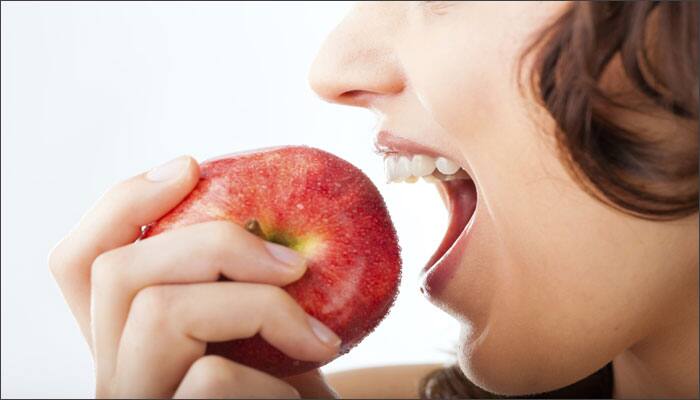All about FSSAI
According to a report by India's Food Safety and Standards Authority, vegetables sold in major states of India are poisonously ranging from 2%-25% which means they are unfit to consume. FSSAI is an autonomous body established under the Ministry of Health and Family Welfare which looks after food safety and regulation in India.
A country-wide investigation by the Food Safety and Standards Authority has discovered that vegetables growing along filthy and polluted rivers are causing cancer. 9.5% of vegetables present in the market are not edible because of the amount of harmful heavy metals such as lead and cadmium present in these, which are at least 2-3 times higher than the prescribed limit. This unwanted substance comes in vegetables from the use of pesticides, soil failure, and sewage cultivation.
Consumption of these metals can make us very much unhealthy. Lead has a very bad effect on our brain, especially with memory. It also affects the child's development and is not good for our kidneys. In addition to this, Cadmium weakens our bones and can worsen our kidneys.
Ways to check adulterated fruits and vegetables -
Along with unwanted substances which are present in vegetables due to bad cultivation procedures, Adulteration is also becoming very common. By doing adulteration, vegetables are made to look good and appropriate to use. We cannot distinguish between the two.
Among these, Sweet potato is highly prone to adulteration. Rhodamine B, a dye is being added to get the color of sweet potato.
Likewise, green vegetables such as lady's finger, spinach can be laced with Malachite green, a dye. This is harmful and can cause cancer in the human body. This can be check by taking a cotton piece soaked in liquid paraffin, rub it on the outer surface of the green vegetable. If cotton turn green, then it is adulterated.
In the same way, green peas can also be checked. Put few green peas in a 250 ml water-contained beaker. Let it stand for half an hour. If there is no color separation, then it is natural otherwise it is adulterated.
The watermelon color is being produced with the help of an erythrosine dye agent. If one has to check whether it is adulterated or not, we can see the tail. If it is dark black or brown, then it's naturally ripened. Adulterated watermelons have a green stalk.
Preventive Measures –
We can opt for locally supplied foods directly from the farmers - advantages of this areWe can go for organic fruits and vegetables where pesticides are not being used. But such vegetables are expensive. One can grow their vegetables provided one has to work hard for this. Wash the vegetables before cooking. You can wash them by using warm water. Dipping vegetables in salt for some time also helps to separate harmful substances stick to it. Cultivation around rivers should be prohibited unless it is made pollution-free.Food tastes good – crops are being picked at their peak time. The quality of the food is top-notch.
Very much healthy – As it takes very little time to move from farm to your table, it’s full fresh and full of nutrients.
Local farmers take responsibility for their product which gives us an idea that the food is safe.
Since No Mandi’s, no transportation is needed, local food is much cheaper than others.
Buying from a local vendor helps you to build a sense of community structure. Our country is agrarian where 60% of villagers are doing farming. And those who are not doing, it can buy directly from farmers. They get to meet, try to know each other. This helps in building the community structure.
To keep a check on this, Government regularly conducts surveillance, monitoring, inspection, and random sampling of food products to check that they comply with the standards laid down under the FSSAI act. In case food samples are not found appropriate as per standards, penalty provisions are there under the act.

 “10% vegetables present in the market are unfit to use because of the presence of heavy metals in them,†FSSAI
“10% vegetables present in the market are unfit to use because of the presence of heavy metals in them,†FSSAI









.jpeg)



.jpeg)






.jpeg)









.jpg)


.jpg)
